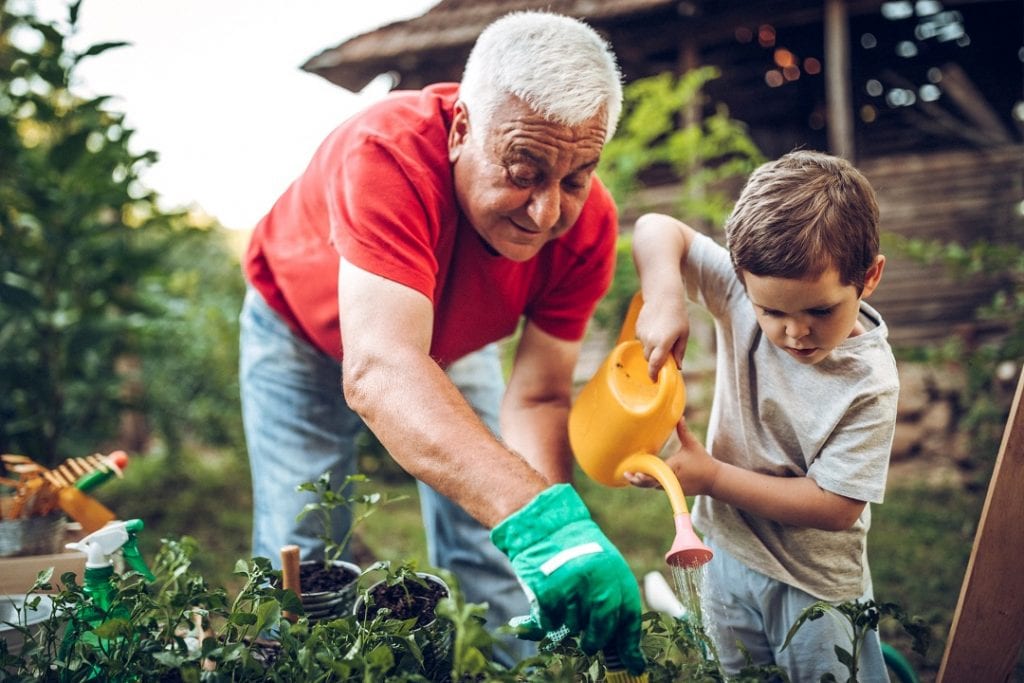Self-care means putting time and energy into looking after yourself. Looking after yourself might mean going on a holiday, getting enough rest, grooming and getting dressed nicely, or doing things just ‘for yourself’.
Be kind to yourself
Don’t be too critical of yourself or your abilities. When you support someone with dementia there is no “correct way”. Carers do what they can. Strategies to support the person that work for one person may not work for you. They may work some days and not others. All carers have bad days and may become short tempered. Don’t beat yourself up, it’s normal.
Practise your spirituality
For some people, spirituality is about practising their religion. This might include praying or meditation, or going to church, mosque, temple or synagogue. It might mean behaving according to the teachings of your faith.
For other people spirituality is about connecting with nature and the wider world, or themselves. They may practice mindfulness or spend time absorbed in nature.
Irrespective of what spirituality means to you, there is evidence people who belong to a faith community, or practice mindfulness have better mental health and cope better.
Be socially active
Dementia invariably has an impact on your social life. Some carers tell us that it has brought them closer to their family, other have found that friends fall away.
Keeping contact with a range of people and maintaining social networks is very important for your mental health. Reach out to friends, even if you’re not usually the person who does organising of social events.
Ask a close friend or family member to help you connect with other friends and family. Read 2.7 Reactions of family and friends to the diagnosis and 2.8 Sharing the diagnosis with family and friends.
Sometimes old social networks simply don’t work for a variety of reasons. Consider new social groups, especially those that will provide a supportive atmosphere. Support groups are a great way to find people who understand your situation. See 1.7 Learn from others leading meaningful lives.
Local councils usually have a list of groups and clubs that may interest you. Call the general number of your local council for information.
Be socially active
Look for opportunities for you and the person you support to stay socially active. 2.8 Sharing the diagnosis with family and friends has tips on how to share the diagnosis to help stay included.
Join a group to keep socially active. Contact the following organisations and ask about support groups:
- Dementia Australia
- Dementia Alliance International
- Your local council
Go to the next section on Making plans and decisions.
Return to the home page for Carers.





